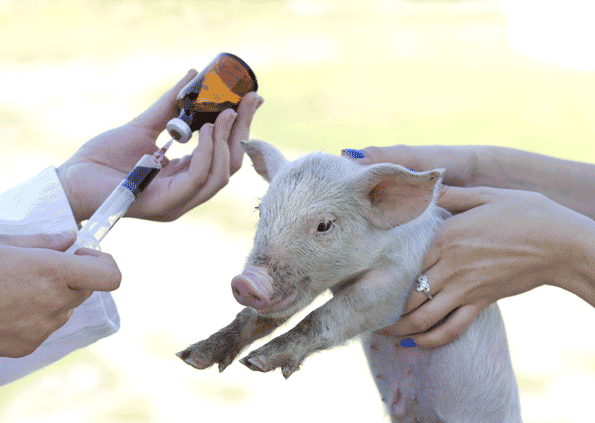Will the feds ever act on the issue of antibiotic resistance?Will the feds ever act on the issue of antibiotic resistance?
December 2, 2013


The federal government is fixated on health care these days. While Congress investigates websites, policy coverage and other issues, it continues to turn its back on an issue that is compounding the ability of doctors to treat their patients across the country.
This fall, the Center for Disease Control and Prevention released a comprehensive report entitled Antibiotic Resistance Threats to the United States 2013. According to CDC, “More than two million people are sickened every year with antibiotic-resistant infections, with at least 23,000 dying as a result.”
That report documented what a lot of us have known for years: Routine use of antibiotics in livestock production is contributing to the rise of antibiotic resistant bacteria. CDC notes that more than half of the antibiotics used in the United States are administered to farm animals, and adds, “The use of antibiotics for promoting growth is not necessary, and the practice should be phased out.”
That might be a huge benefit for human health, but it would create a major economic impact on the pharmaceutical industry. That tussle between health concerns and industry profits resembles a flashback to the tobacco debates a few years back. Despite the CDC’s concerns about health impact, the Food and Drug Administration to this point has issued only a guidance document encouraging producers to limit antibiotic use only to treat health issues, and not to promote growth.
I had an opportunity about a year ago to attend a meeting of FDA officials and state officials who regulate animal feed. The meeting included a series of presentations from the pharmaceutical companies. The common thread through the presentations was that routine administration of antibiotics in livestock feed was essential in maintaining the health of animals.
The Animal Health Institute, which represents the drug manufacturers, among others, proclaims on its homepage “Animal antibiotics make our food supply safer and people healthier. Antibiotics are a critical tool to prevent, control and treat disease in animals. In doing so, they also reduce the chance of bacterial transmission from animals to humans.”
In 2011, U.S. Rep. Louise Slaughter (D-NY) introduced the Preserve Antibiotics for Medical Treatment Act (PAMTA), which would prohibit continued routine use of antibiotics in livestock production. Since its initial introduction, the bill has been pigeonholed in the House Energy and Commerce Committee. According to one respected legislative tracking service, Slaughter’s proposal faces a one percent chance of passage.
If Congress is truly dedicated to protecting the health of Americans, a good place to start would be to enact legislation that could help assure that more than two million Americans will not need to draw upon their health insurance policies to combat antibiotic-resistant infections each year.
You May Also Like



